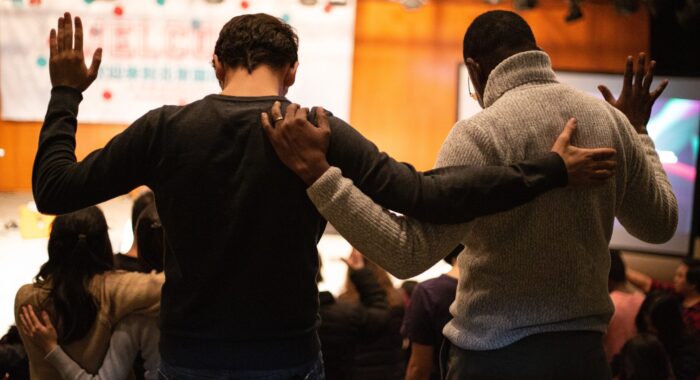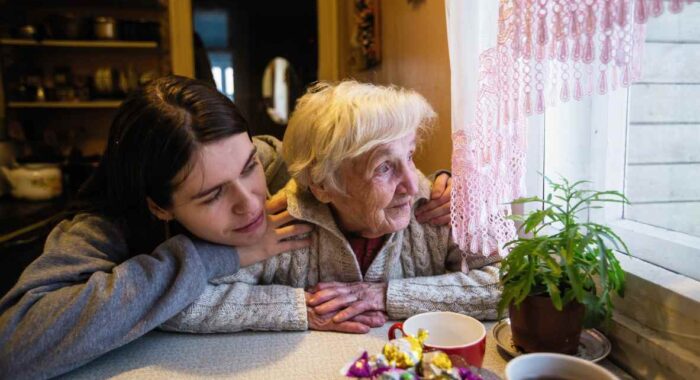Human beings are made in the image of God and are, therefore, of inestimable worth. God has given people the highest dignity of all creation. Such human dignity prohibits euthanasia, that is, actively causing a person’s death.
In the past 30 years, medical technology has developed systems that have enabled physicians to more effectively care for their patients and save lives that would otherwise be lost. However, this technology has also resulted in the possibility of prolonging the dying process beyond its normal course. This often causes great suffering, not only for the patient, but also for the family, friends and caregivers.
Such technology also raises moral questions. For example, is it moral to withdraw a life-support system which is believed to be an inappropriate extension of the dying process?
The National Association of Evangelicals (NAE) believes that in cases where patients are terminally ill, death appears imminent and treatment offers no medical hope for a cure, it is morally appropriate to request the withdrawal of life-support systems, allowing natural death to occur. In such cases, every effort should be made to keep the patient free of pain and suffering, with emotional and spiritual support being provided until the patient dies. When a person’s cerebral cortex dies, is it moral for the family or medical staff to withdraw life-support systems?
The National Association of Evangelicals believes that in cases where extensive brain injury has occurred and there is clear medical indication that the patient has suffered brain death (permanent unconscious state), no medical treatment can reverse the process. (Brain death is not the equivalent of a coma. A patient might awaken from a coma, but not from brain death.) Removal of any extraordinary life-support system at this time is morally appropriate and allows the dying process to proceed. Under such circumstances, appropriate action is best taken where there is guidance from a signed “living will” or a durable power of attorney for health care. Where there is no “living will” or durable power of attorney for health care, the decision to withdraw life support should be made by the family and/or closest friends in consultation with a member of the clergy, when available, and the medical staff.
NAE acknowledges that the withdrawal of life-support systems is an emotional and difficult issue. However, we believe that medical treatment that serves only to prolong the dying process has little value. It is better that the dying process be allowed to continue and the patient permitted to die. This is especially true of those who know Jesus Christ as Savior and Lord. For as the Apostle Paul said: “To be absent from the body is to be present with the Lord” (2 Cor. 5:8).



 View All Updates
View All Updates 




























